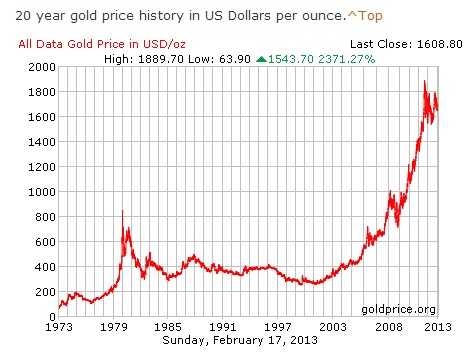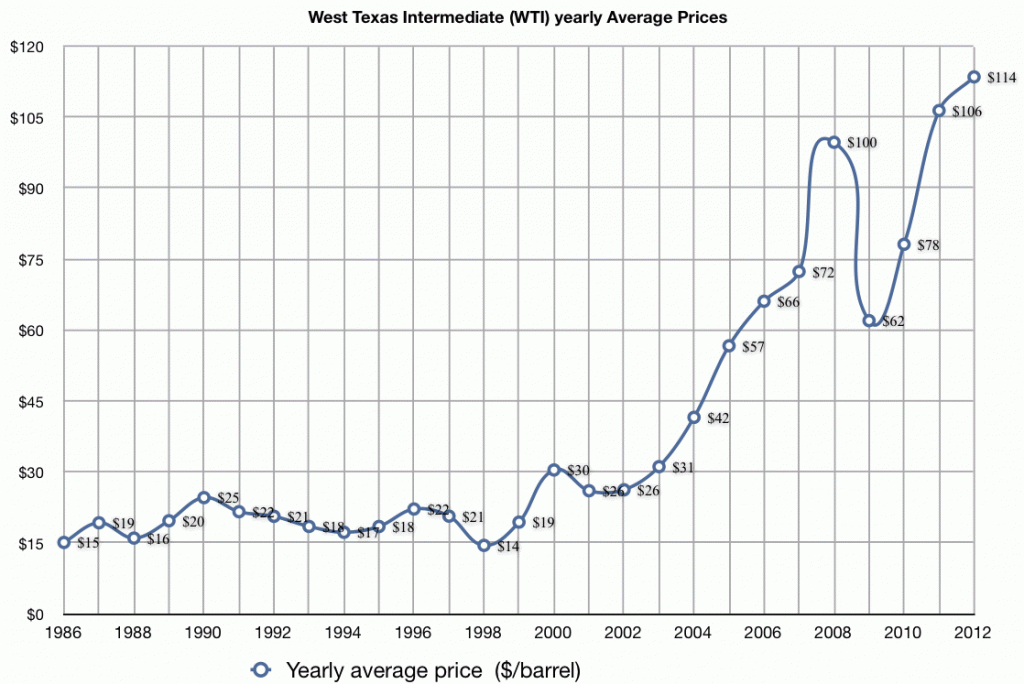- home
- the basics
- the share
- trading shares
- Process to buy shares
- Why buy shares?
- How old to buy shares?
- Custodial account
- tax rules on shares
- styles of trading
- buying (going long)
- Shorting (going short)
- Stop losses
- How to choose a share
- Fundamental analysis
- Technical analysis
- Stock portfolio
- Trading courses
- Stock trading practice accounts
- brokerage account
- What is trading software
- Share newsletters
- the stock market
- Trading guide
- Advanced
- Glossary
- free stuff!
Commodities
Commodities is simply a label applied to items that are produced to satisfy human wants or needs. A commodity can be bought or sold through futures contracts on specific exchanges. An exchange will usually specify a minimum quality and quantity that can be bought.
People like to trade commodities as they use them in everyday life. The price direction of commodities can sometimes be easier to predict than shares in companies.
Companies will also trade in commodities. A typical example of this is an airline betting that crude oil prices will rise. By making money if crude oil rises, they can offset any loses the company would make by spending on petrol during flights. This is known as hedging, and means the airline company can apply a set cost to crude oil, when designing future business plans.
Top 10 traded commodities (in order of popularity) ;
- Crude Oil
- Coffee
- Natural Gas
- Gold
- Brent Oil
- Silver
- Sugar
- Corn
- Wheat
- Cotton
Gold
Many people like the idea of buying gold as the price never seems to drop. Due to the collapse of several banks over the past decade, gold is now also seen as a safer investment. As you can see below, the price of gold has generally risen over the last 20 years.
Chart courtesy of goldprice.org.
The chart clearly shows that investing in gold over the last 20 years would have provided a better rate of interest than leaving money in a savings account.
Oil
Crude oil is one of the most talked about traded commodities as it has the widest impact on society. It affects many sectors such as the transport sector, the energy sector and of course the oil & gas sector! As a commodity, crude oil is normally purchased in batches of 1,000 barrels.
Crude oil can be invested in directly through commodities and also indirectly through oil ETF’s and stock in individual oil companies.
As you can see by the chart below, demand currently heavily outweighs supply of crude oil, meaning the price of oil has risen sharply over recent times.
Practice Trade!
SharesExplained.com
- Loading Quotes...
Free newsletter and gift!
Sign up now!SharesExplained.com
Stock market basics
Shares explained
Stock charts explained
Stock dividends explained
Stock Split Explained
Stock attributes
Why do shares move up and down?
How do I read a stock quote?
Understanding company financial statements
Rights issue of sharesThe process of buying shares
Why buy shares
Age limit for trading shares
Custodial account
Tax rules on shares
Styles of trading
Buying (going long)
Shorting stock (going short)
Stop losses explained
Picking shares
Fundamental analysis
Technical analysis
Portfolio/Watchlist
Trading courses
Practice accounts
Brokerage accounts
Trading software
NewslettersStock market explained
Stock exchanges
Indexs
Sectors
Bull/bear market
What market to buy shares
Factors that affect the stock market
When does the stock market open?Stock market trading guide
Step by step guide to trading shares
Practice accounts
Brokerage accounts
Trading courses
Trading software
Newsletters/tipsites
5 golden rules when trading shares
The risk:reward ratio
LeverageStock market games
Stock market 60
Stock market suicideAdvanced stock market trading
IPO (Initial Public Offering)
Automated trading
Bonds/gilts
Exchange traded funds (ETF's)
FOREX
Mutual Funds
Penny shares
Spread betting
Options Explained



